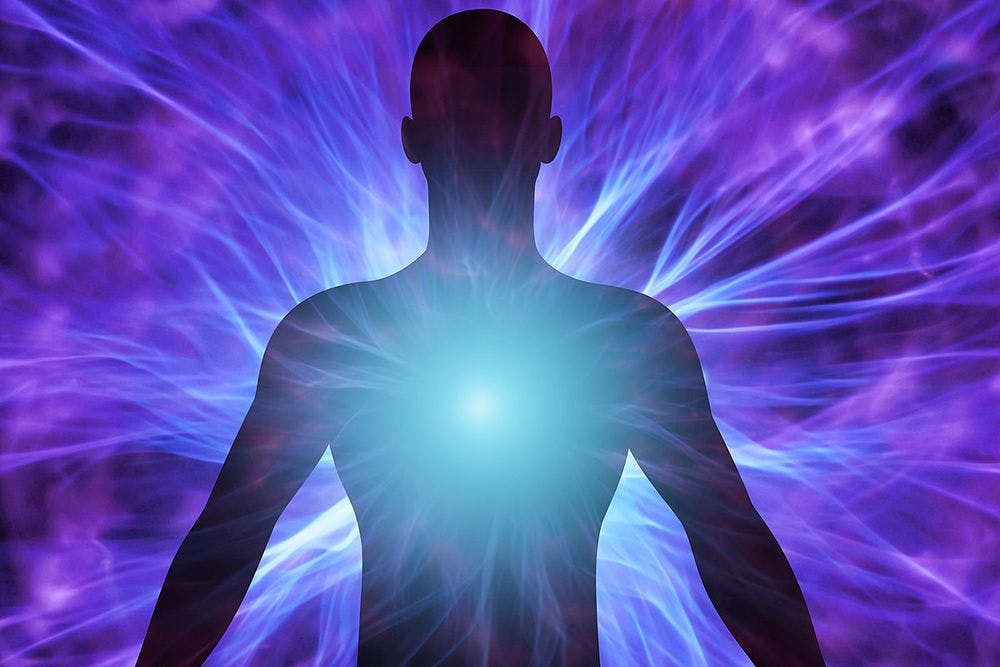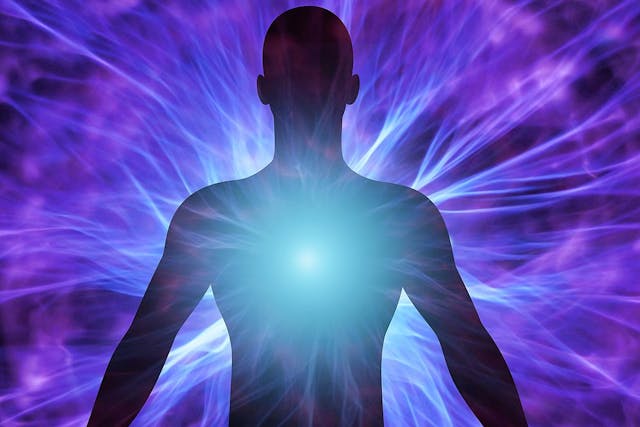The Science Behind Falling in Love

.
The Science Behind Falling in Love
Falling in love is one of the most powerful and mysterious experiences that humans can experience. It has been studied by scientists, psychologists, and philosophers for centuries, yet the exact science behind it remains largely unknown. In this article, we will explore the science behind falling in love and how it affects our lives.
What is Love?
Love is a complex emotion that can be difficult to define. Generally speaking, it is an intense feeling of affection and attachment towards another person. It can be experienced between family members, friends, or romantic partners. Love is often associated with strong feelings of joy, happiness, and contentment.
The Chemistry of Love
When we fall in love, our bodies undergo a variety of chemical changes that affect our behavior and emotions. These changes are caused by hormones such as oxytocin and dopamine which are released when we interact with someone we are attracted to. Oxytocin is known as the “love hormone” because it helps us to bond with others and increases feelings of trust and intimacy. Dopamine is responsible for creating feelings of pleasure and reward when we interact with someone we are attracted to.
The Psychology of Love
In addition to the physical changes that occur when we fall in love, there are also psychological changes that take place. These changes involve our thoughts, beliefs, and behaviors which can be influenced by our environment or past experiences. For example, if someone has had a negative experience with love in the past they may be more hesitant to open up to someone new or trust them completely. On the other hand, if someone has had positive experiences with love they may be more likely to open up quickly and trust their partner more easily.
The Neuroscience of Love
The neuroscience behind falling in love involves understanding how different parts of the brain interact when we experience strong emotions such as love or attraction towards another person. Studies have shown that certain areas of the brain become activated when we feel these emotions which can lead to increased levels of pleasure or reward when interacting with someone we are attracted to. Additionally, research has shown that certain hormones such as oxytocin play an important role in creating feelings of attachment towards another person which can lead to long-term relationships or even marriage over time.
The Impact on Our Lives
Falling in love can have a profound impact on our lives both emotionally and physically. It can lead us to make decisions that may not always be rational but instead based on our feelings for another person which can sometimes lead us down paths that may not always be beneficial for us in the long run. Additionally, falling in love can also bring about positive changes such as increased levels of happiness or contentment due to feeling connected with another person on an emotional level which can help us cope better with life’s challenges over time.
Conclusion
Falling in love is a complex emotion that involves both physical and psychological changes within our bodies which ultimately leads us down paths that may not always be beneficial for us but instead based on our feelings for another person at any given moment in time. Despite its complexity however it remains one of life’s greatest gifts as it allows us to connect deeply with another human being on an emotional level which brings about increased levels of happiness or contentment over time if nurtured correctly


